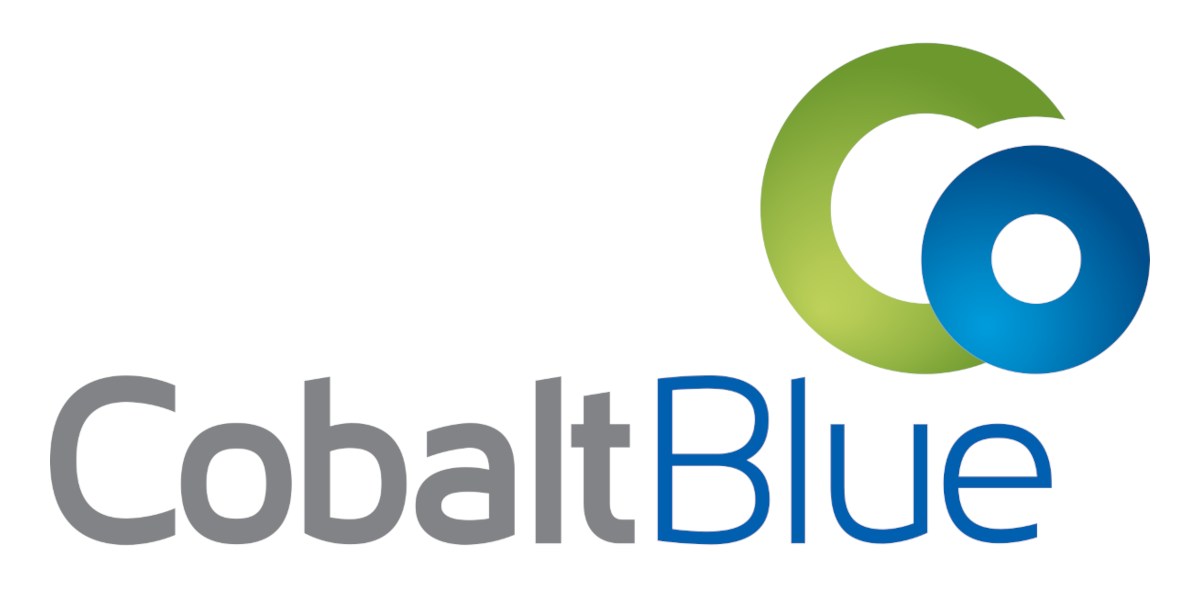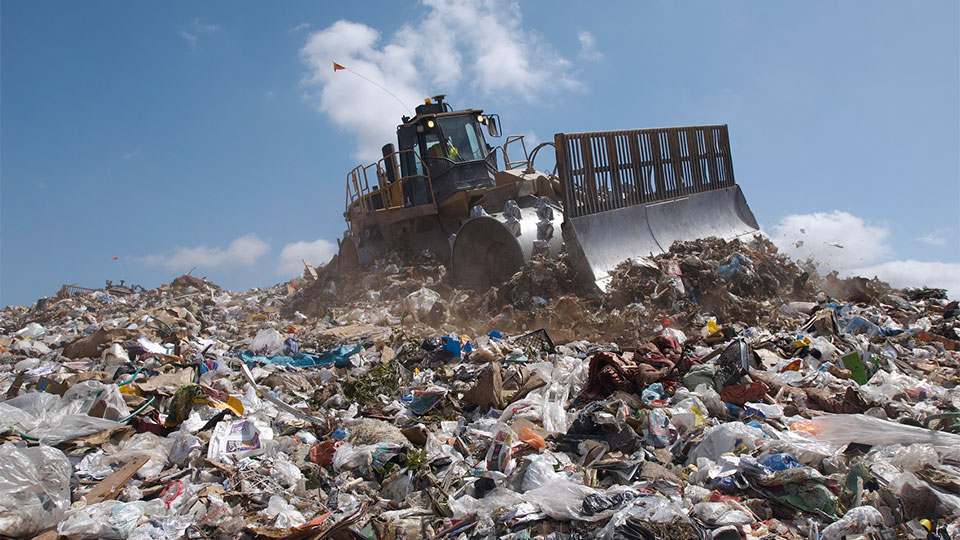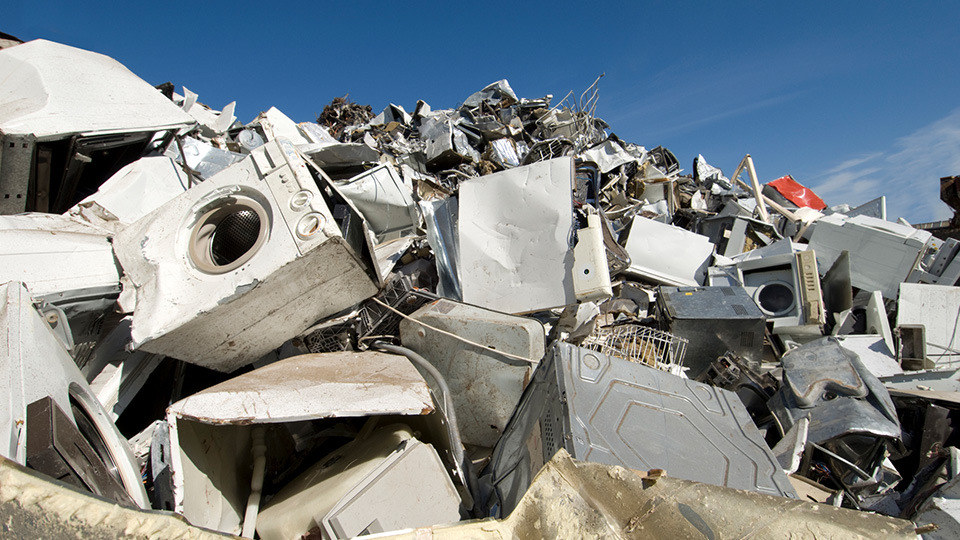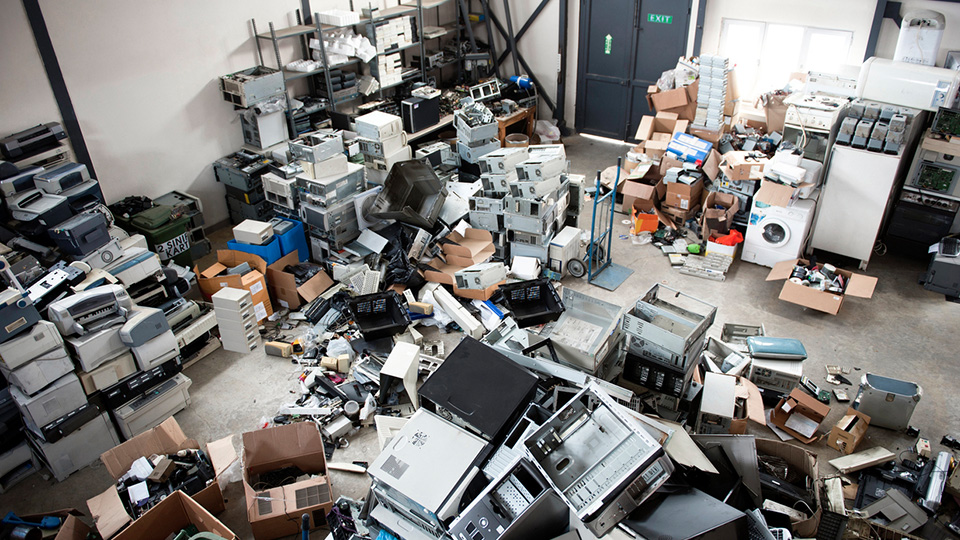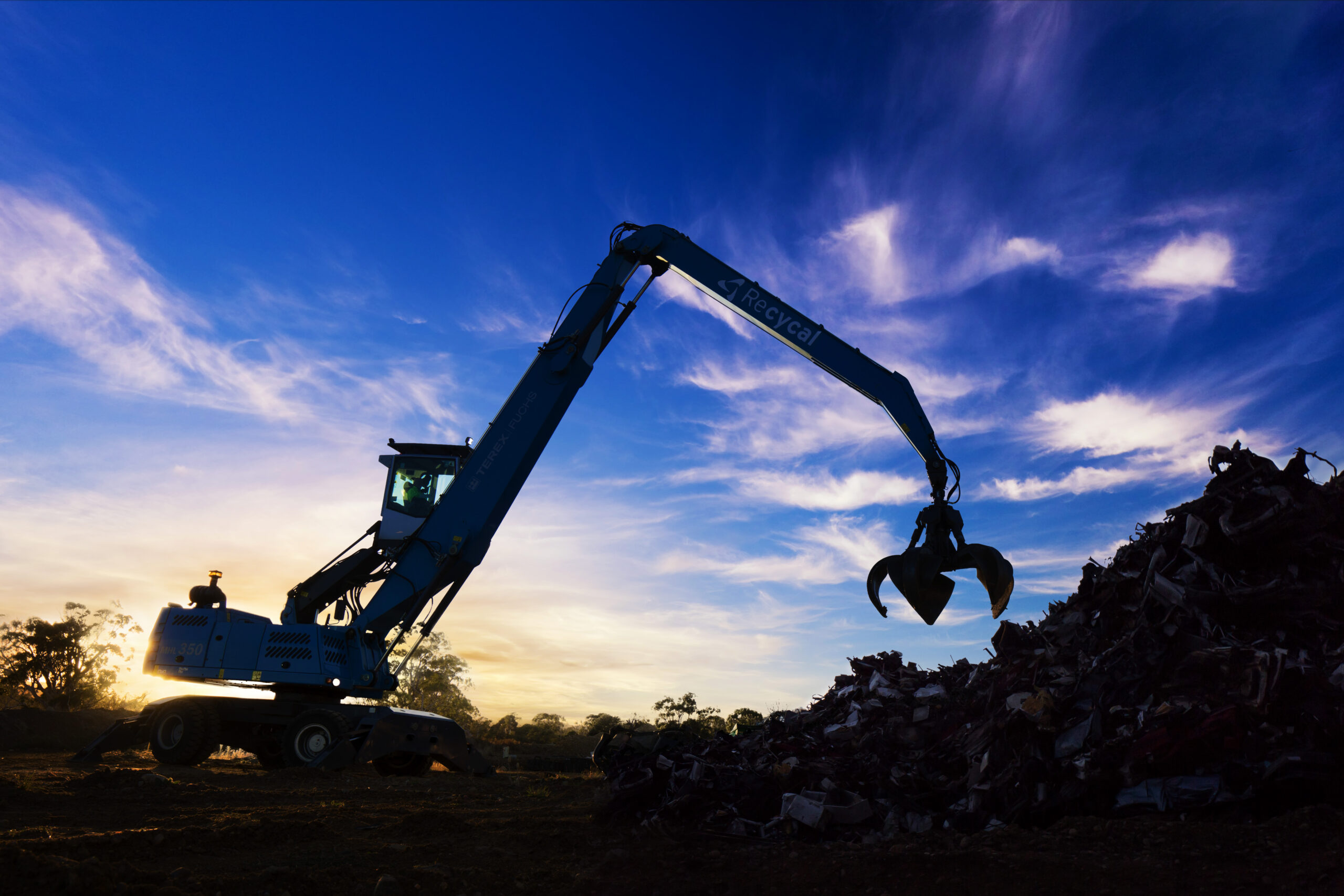In an ideal world supermarkets would sell everything that they buy. There would be no waste, and supermarket managers wouldn’t need to worry about recycling.
In the real world, supermarkets need to dispose of millions of cartons, damaged goods and large amounts of food hitting its expiry date. On top of that, supermarkets generate a variety of waste in the same way that any business does.
Recycle Cardboard
Cartons aren’t such a big deal, and supermarkets have been returning cardboard cartons to the recycling industry for decades. With those cartons mostly being made into new cartons, this is a great example of true closed-loop recycling.
Recycle Food Waste
With the pressure on to always have fresh produce on hand it’s inevitable that a lot of produce will reach its use-by date and need to be discarded. Foodbank and other food rescue organisations can collect much of that food and distribute it to people in need.
Food that is beyond rescue can still be put to good use. Anaerobic digesters convert food waste into methane that can then be used to generate clean power, with high quality fertiliser as a by-product. Composting is another way of using old veggies to help grow new ones, and large-scale facilities easily able to cope with the quantities of waste generated by supermarkets.
Recycle Plastics
Many supermarkets support the recycling of old plastic bags by providing collection bins. Some programs also collect cereal, rice and pasta packets, bread bags and newspaper wrap, and even worn out reusable bags. These services are aimed at customers, and the plastics need to be fairly clean.
Food-contaminated packaging is another matter entirely. It usually ends up in landfill, but the recycling industry is constantly working on new solutions for problematic waste. For example, contaminated plastic films can now be dry-cleaned and recycled into a range of new products.
Recycle Lighting Waste
Bright lighting is a hallmark of supermarkets, but most of that light comes from fluorescent tubes that harbour a little dark secret. They contain mercury. Perfectly safe in intact lamps, mercury becomes a real problem if it finds its way into the environment.
The usual method of fluorescent tube disposal is to dump them in landfill, but tubes are easily broken and state governments are beginning to tighten up laws on fluorescent light tube disposal. Fortunately, fluorescent lights recycling is really easy, and can be coordinated with programmed lighting maintenance.
Recycle Batteries
Supermarkets sell millions of batteries and also get through a few for their own purposes. Over 260 million batteries ‘die’ in Australia each year and with less than 5% being recycled they create thousands of tonnes of waste.
Again, it’s incredibly easy to recycle batteries. Encourage staff and customers to bring in batteries for recycling, and multiply the benefit for the environment. Some supermarket chains already offer battery recycling to customers.
Recycle Electronic Waste
Supermarkets are just as dependent on computers, printers and electronic devices as other businesses. E-waste disposal is a growing headache worldwide, but with effective and convenient electronics recycling readily available, all businesses can do the right thing. Not only does this help the environment; it also ensures the recovery of valuable materials to go into the next generation of machines.
The Right Partner
Ecocycle is Australia’s leading recycler of mercury-containing waste, including lighting. We also provide convenient, integrated recycling of e-waste and batteries.
Find out how easy it is to recycle with us. Just fill out the form below or call us on 1300 32 62 92. One of our recycling experts will be happy to design a program that meets your needs.
The Right Partner
Ecocycle is Australia’s leading recycler of mercury-containing waste, including lighting. We also provide convenient, integrated recycling of e-waste and batteries.
Find out how easy it is to recycle with us. Just fill out the form below or call us on 1300 32 62 92. One of our recycling experts will be happy to design a program that meets your needs.

